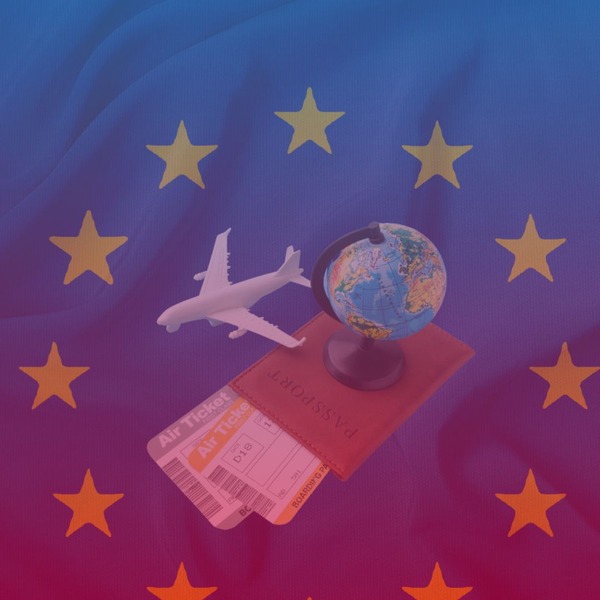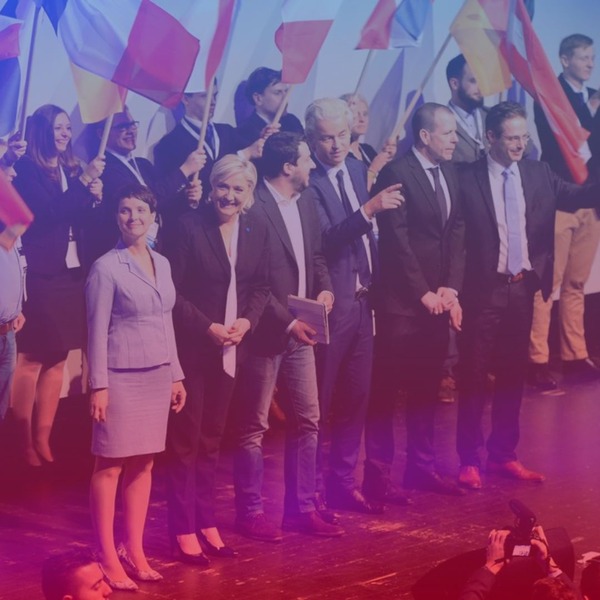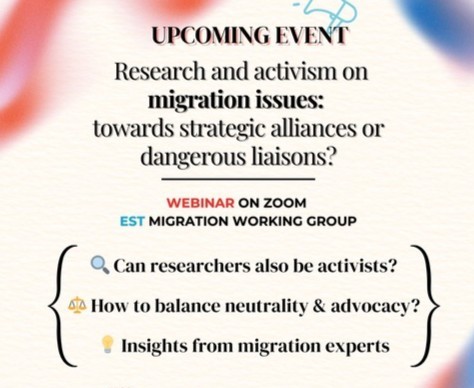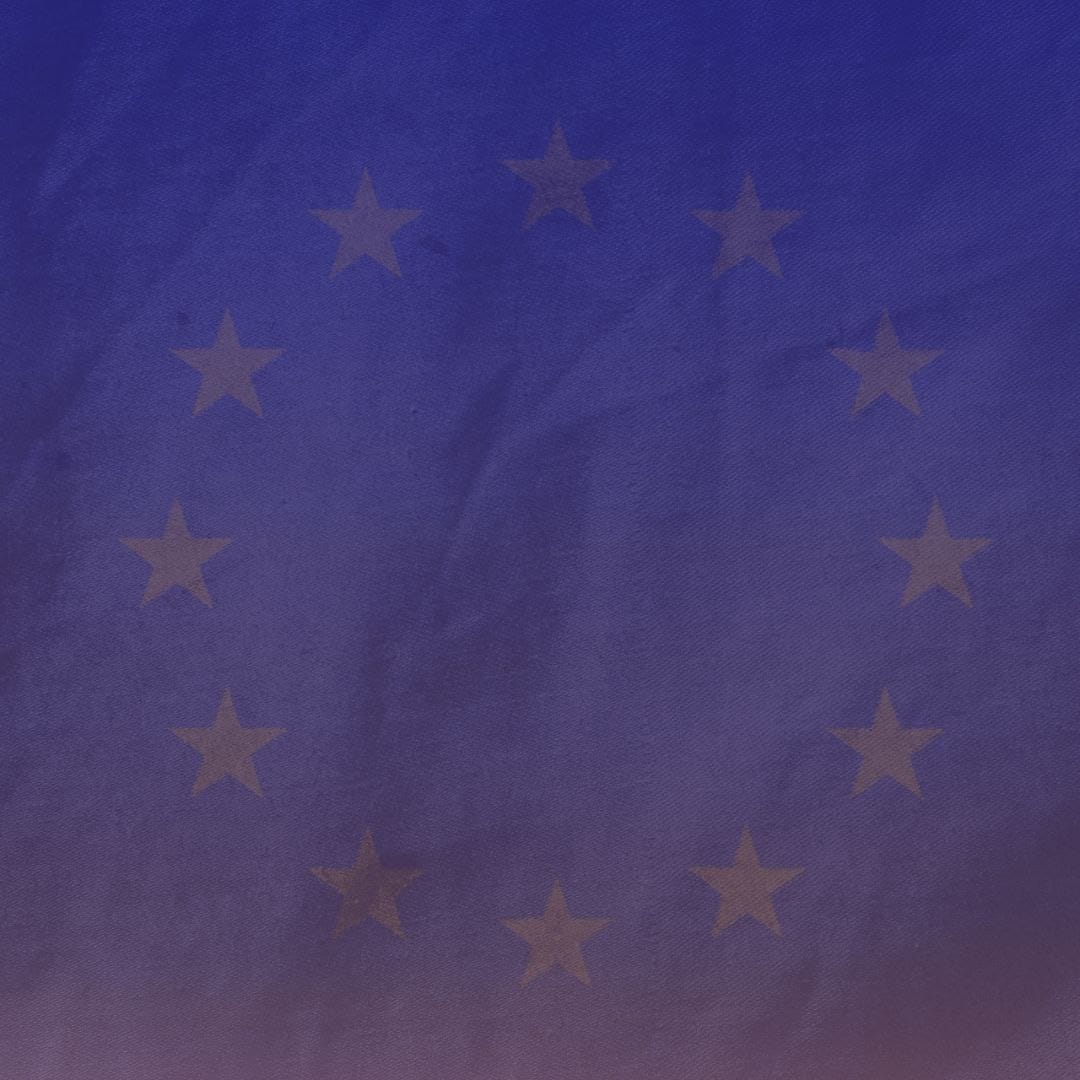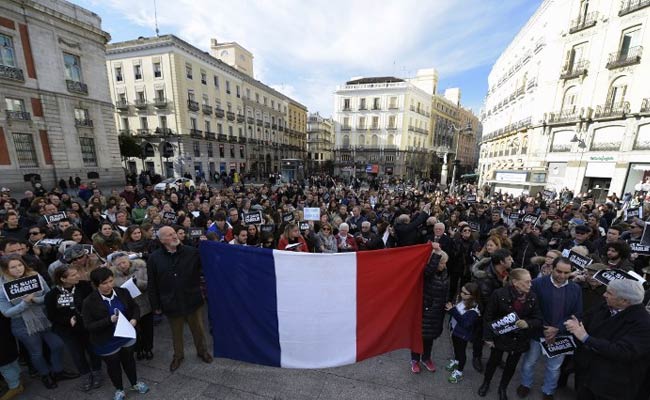
By Sabrina Valeria Ronco, student of International Studies at Leiden University and writer for the European Student Think Tank.
Contemplations on the horrendous event in Paris on Friday, the 13th of November, feel to us like they are too heavy to bear, too painful and recent to consider. The horror and the tragedy are omnipresent with every single one of us, and their meaning is beyond our ability of expression.
With France’s regional and national election coming up next month, the narrative of the wrong voices could however come to dominate the current public discourse, holding the potential to lead all of Europe further down the slippery slope of intolerance: a powerful and symbolic swing to the far-right wing of the political spectrum. Attempting to consider this horrible day from a different perspective can therefore alienate yet another group of victims: the group of innocent people who will be identified deliberately and unconsciously in parts of the media and in the public as ‘represented’ by the attackers – including normal, good, and peaceful citizens of Europe, refugees who arrive at our borders and rely on our help, and people who are associated with the attackers on the basis of religion, appearance, or background. People who are shocked by the attacks just as much as we are, and who feel pain, anger, and helplessness just as we do.
The voices attempting to politically exploit the event and generalise large groups of people are getting loud already, and will most definitely get more aggressive and powerful over time: one day after the attacks, American right-wing politicians began using the horror as a basis to advocate for the ownership of weapons, as well as publicly declaring the rejection of the idea to accept refugees from Syria. On the same day, the Polish government announced its withdrawal from the European Union refugee plan for resettlement. In Germany, two days after the attacks, political representatives have referred to the event as an incentive to reconsider the acceptance of refugees, and gained widespread support throughout the population before statements of correction and backpedaling could be published by the government.
Is this the way we are going to react to this horrible event? The citizens and governments of Europe closing their borders to those who are fleeing from the kind of violence that we have come to experience in Paris on Friday? The people who are coming to our countries in need for help? This is the time in which we need to remind ourselves of our values, the very values that were attacked on Friday night. It is not a superficial kind of tolerance our society needs to create and maintain right now, not the kind of tolerance which holds a concealed element of ignorance and prejudices, but the kind that leads us to understanding and solidarity.
In some aspect, the problem is more complex than certain voices and opinions in the public are ready to admit – and it is more interconnected with our own lives and behaviour than we are willing to acknowledge. There is an ongoing societal division in Europe, and one of the factors that deepens it is the issue of unsuccessful integration and unification of different parts of societies, and its inherent element of hidden denial and mutual rejection. Is it not exactly these sites of social separation that we as a society and our representatives have to address, acting on our shared values of tolerance, solidarity, and unity? If it is not us who attend to the needs of these points of social deprivation, will they not be exploited by other people as the ideal fertile ground for ideas of hate and disunity, an open wound in the midst of our European society?
It is hard to determine how far we have gone down the slippery slope that is intolerance. But what we can conclude is that we should be careful in which direction the next step leads us – careful not because of fear, but rather because we are not afraid to stand up against hate and intolerance, in unity.
This piece expresses the opinions of the author only and does not necessarily reflect the position of the European Student Think Tank.
Further Reading:
http://www.slate.com/blogs/the_slatest/2015/11/14/poland_says_it_will_resist_eu_refugee_plan_after_paris_attacks.html
http://www.ibtimes.com/french-regional-elections-2015-paris-attacks-could-boost-far-right-front-national-2184919
http://observer.com/2015/11/friday-the-13th-may-change-france-more-than-september-11th-changed-america/
http://www.theguardian.com/world/2015/nov/14/paris-terror-attacks-fn-far-right-le-pen-front-national
http://www.newyorker.com/news/news-desk/the-isis-claim-about-paris?mbid=social_facebook

 The ’Ndrangheta’s Infiltration and Threat to European Institutions
The ’Ndrangheta’s Infiltration and Threat to European Institutions  From Paper to Practice: How Grassroots Norms Undermine Gender Rights in Pakistan
From Paper to Practice: How Grassroots Norms Undermine Gender Rights in Pakistan  Exploited Childhoods: The Role of Global Corporations in Perpetuating and Mitigating Child Labour
Exploited Childhoods: The Role of Global Corporations in Perpetuating and Mitigating Child Labour  Human Rights Challenges in Addressing SLAPPs in Media, NGOs and Journalism in the EU
Human Rights Challenges in Addressing SLAPPs in Media, NGOs and Journalism in the EU 